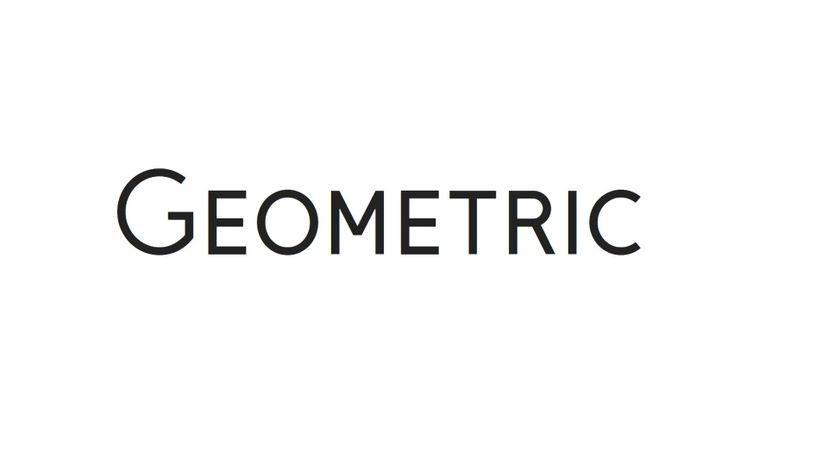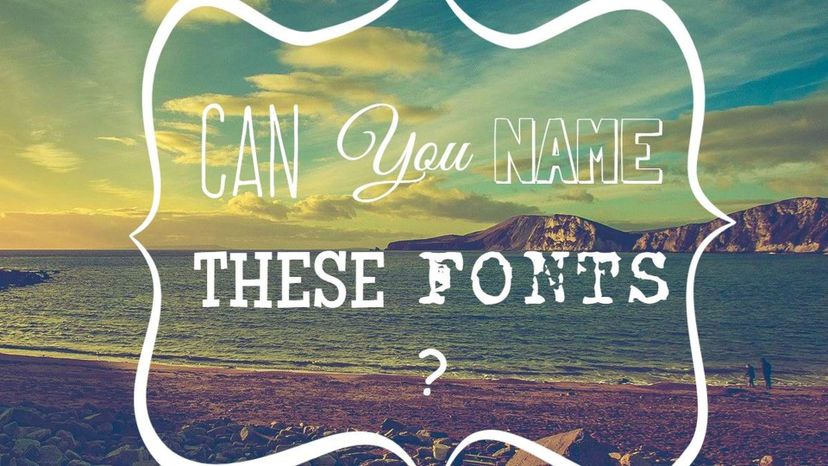
About This Quiz
Can you tell the difference between Open Baskerville and Montserrat, or CMU Serif and D-Din? If you consider yourself a font and typeface expert, take our quiz to see how many of these fonts you can recognize!
Computers and digital printing have opened up a whole new world for designers. Beyond the ease of creating and producing works, design pros now have countless choices when it comes to choosing fonts. These fonts, also known as typefaces, refer to the design of the letters themselves, including things like size, weight, slope, shape, and style.Â
While choice of font might not seem like a big deal at first glance, you might be surprised to learn just how much the lettering you choose can impact your work. There's a reason that Comic Sans isn't appropriate for funeral announcements, or Gothic fonts won't work well for children's books. Not convinced? Picture a high-quality wedding invitation penned in boring Arial or Times New Roman rather than in a swirling script - quite a difference, right?
Fonts not only impact the design or mood of a piece but also affect things like readability, clarity and whether or not a piece will catch the eye. Think you can name some of the most popular fonts being used today? Take our quiz to find out!
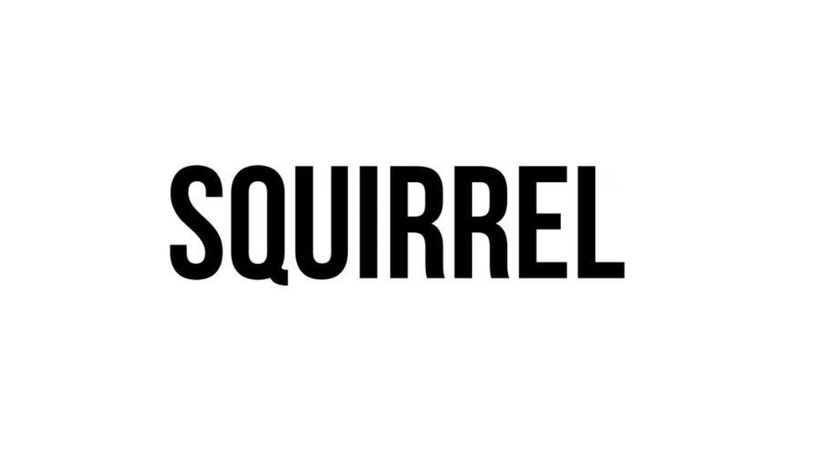
Designed by Ryoichi Tsunekawa, Bebas Neue Bold is a sturdy, sans-serif font with clean, crisp lines. Similar to the classic Helvetica font you may be used to, it comes in various styles, including book, regular, thin, light and bold.
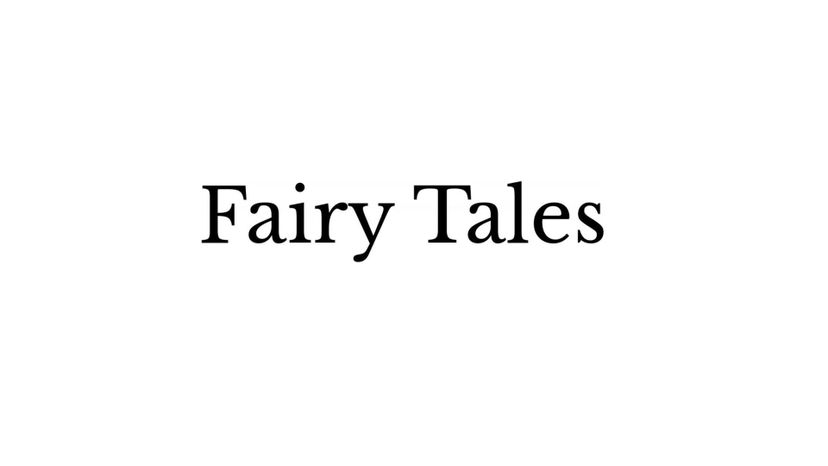
The traditional Baskerville font has been around since the 1750s. A team of designers released a free version of this serif font, complete with varying thick and thin lines, in 2011 known as Old Baskerville.
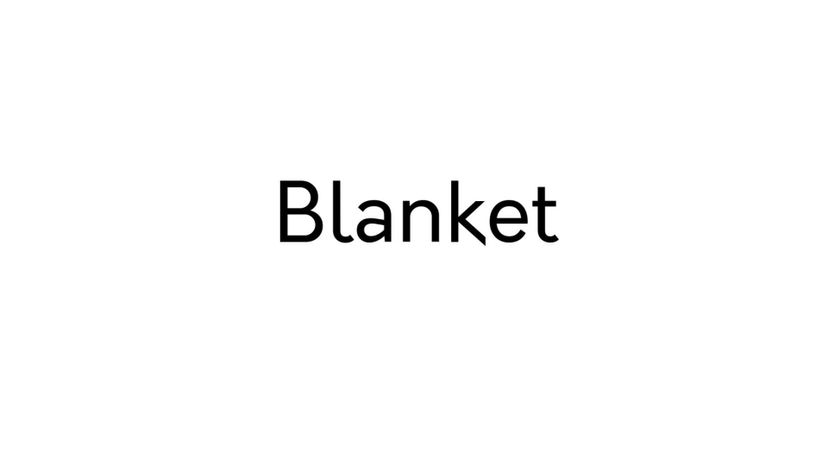
Orkney is a geometric font designed for clean, legible reading. It has a simple, sans-serif style and was created by Samuel Oakes and Alfredo Pradil.
Advertisement
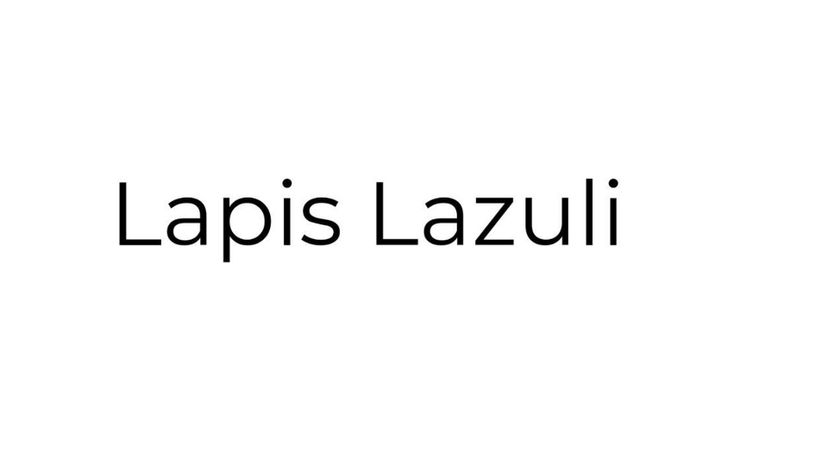
Designer Julieta Ulanovsky got the idea for Montserrat typeface from old posters and signs she saw in the Montserrat neighborhood of Buenos Aires, Argentina. This stylish sans-serif comes with lots of design options, from thin to italic to bold or black.
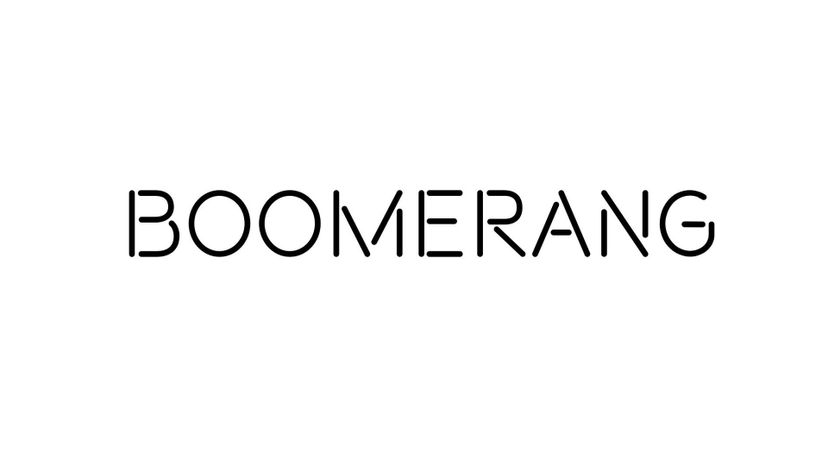
Beon is a modern, rounded sans-serif typeface created by Bastien Sozoo. Its most recognizable feature is its splicing - small spaces at the joints where each part of a letter meets another.
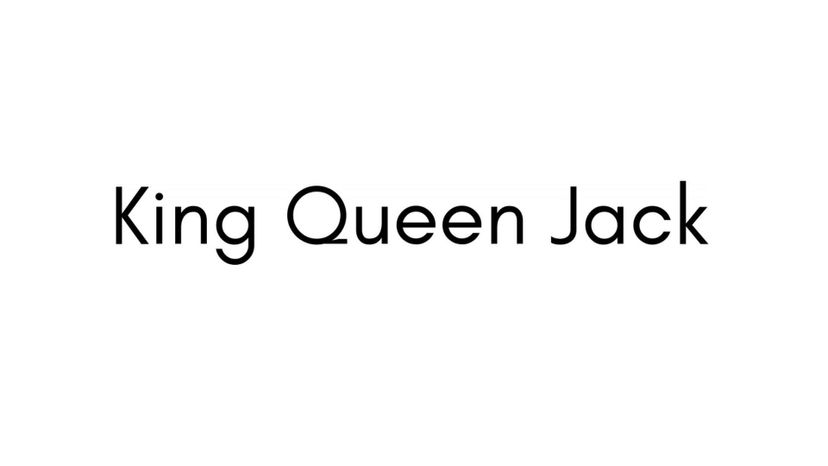
Inspired by the classic Bauhaus font, Glacial Indifference is a rounded, sans-serif font. It comes in regular, bold and italic styles, and was developed by Hanken Design Co.
Advertisement
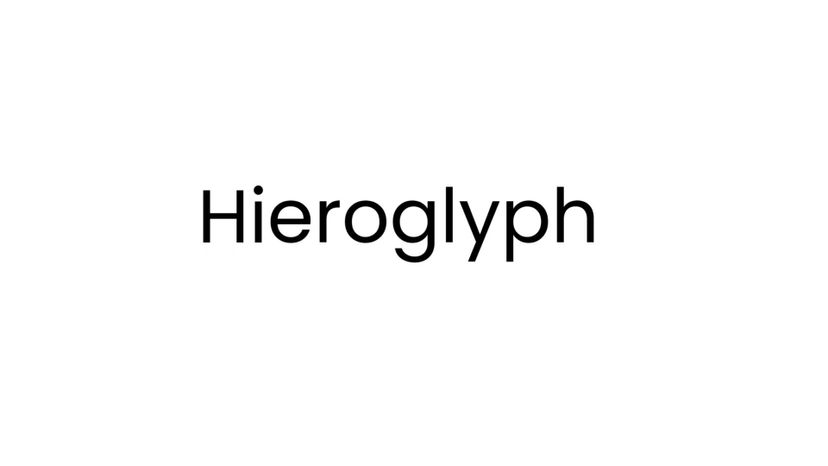
Poppins is a rounded and refined, yet cheery, sans-serif typeface. It was developed by Jonny Pinhorn and Ninand Kale of Indian Type Foundry and comes in many different styles, including thin, extra light and italic.
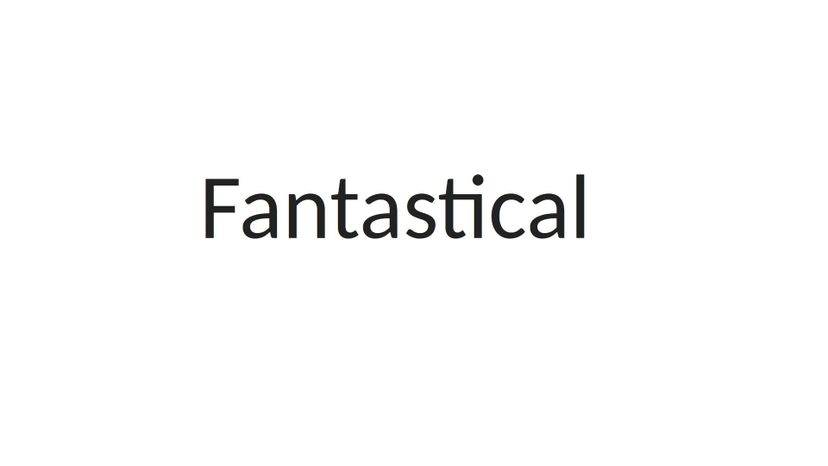
Modeled after the classic Calibri font you have likely used in word processing, Carlito is a modern and open sans-serif type. It was created by Lukasz Dziedzic and comes in bold, italic and regular styles.
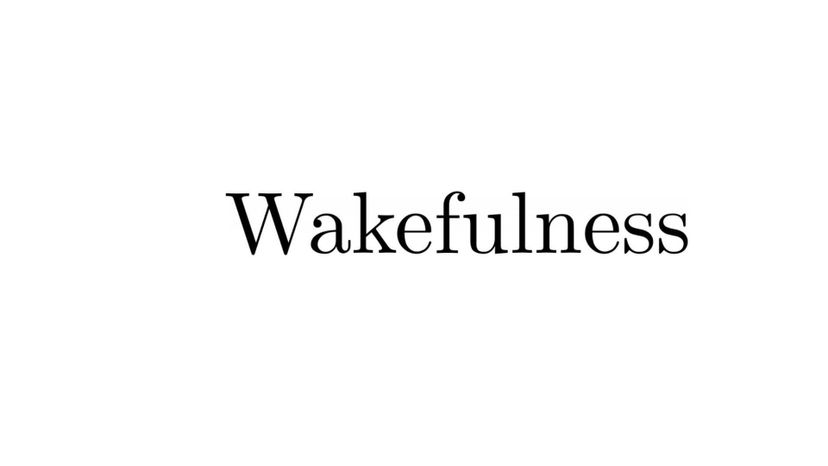
CMU Serif is an old-school font that was initially used by typesetting program TeX. It was last updated in 1992 by Donald Knuth, and is very popular within science and technical publications.
Advertisement
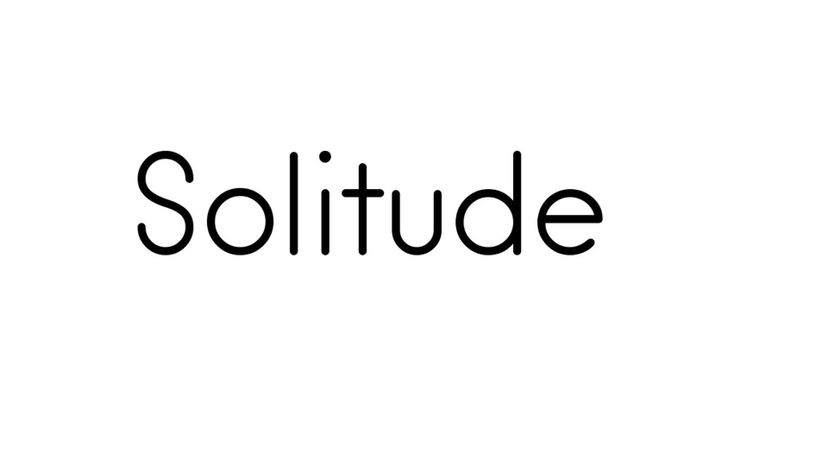
Hanken is a sans-serif, rounded font with a minimalist, modern style. It was created by Alfredo Pradil of the Hanken Design Company, which has published many other popular free-to-use fonts.
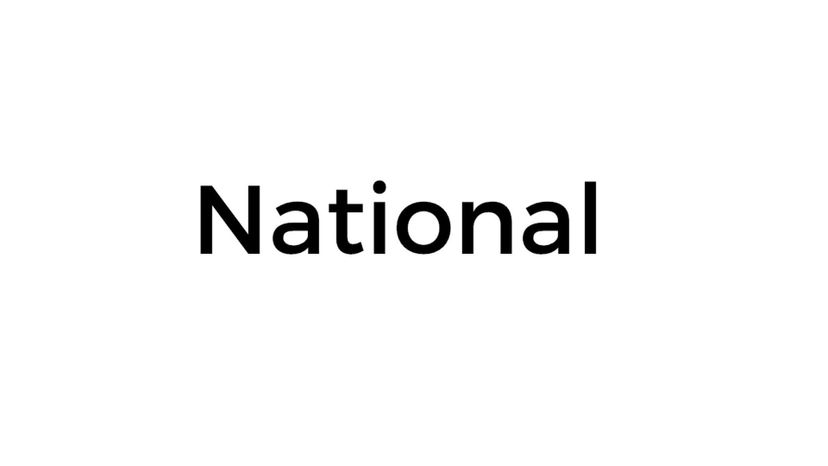
Trueno is a sans-serif with lots of variation in style, including bold, italic, regular, ultrabold and even outline font. It was created by Julieta Ulanovsky as a fork - that's open source speak for a font created using another open source font as a basic starting point - of the free typeface Montserrat.
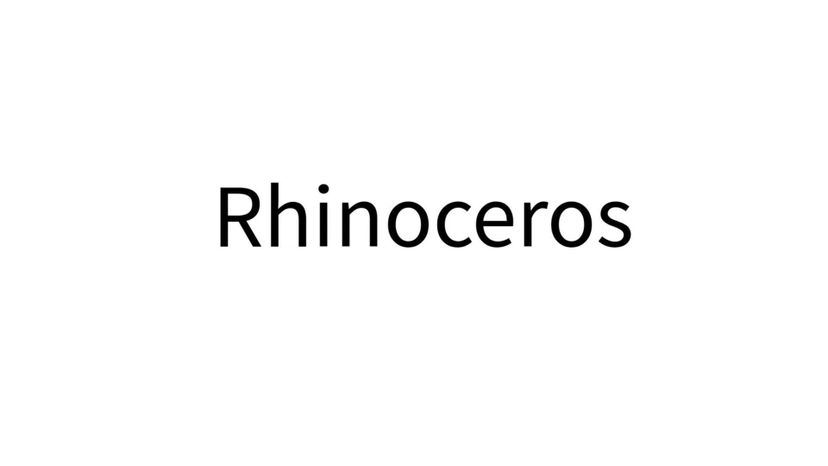
Source Sans Pro is a san-serif developed by Paul Hunt at Adobe -- the first open-source font family created by the software company. It's inspired by classic Gothic types like News and Franklin and comes in six weights from regular to black.
Advertisement
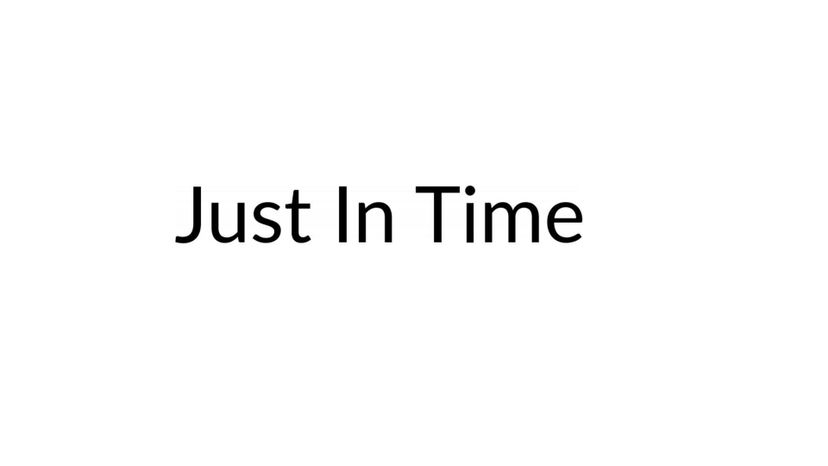
Designed by Lukasz Dziedzic of Poland, lato -- which is the Polish word for summer -- is a sans-serif font with a clean, geometric style. Released in 2010, it comes in a whopping 18 different styles, from fine hairline fonts to bold black ones.
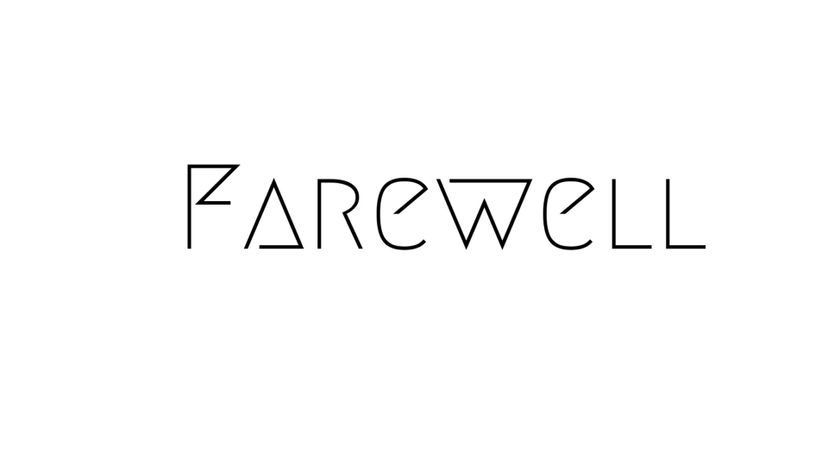
Released in 2010 by designer Daniel Johnson, Megrim is a unique font with tons of quirky accents. It has an experimental, futuristic style that can be used to catch the eye on posters and publications.
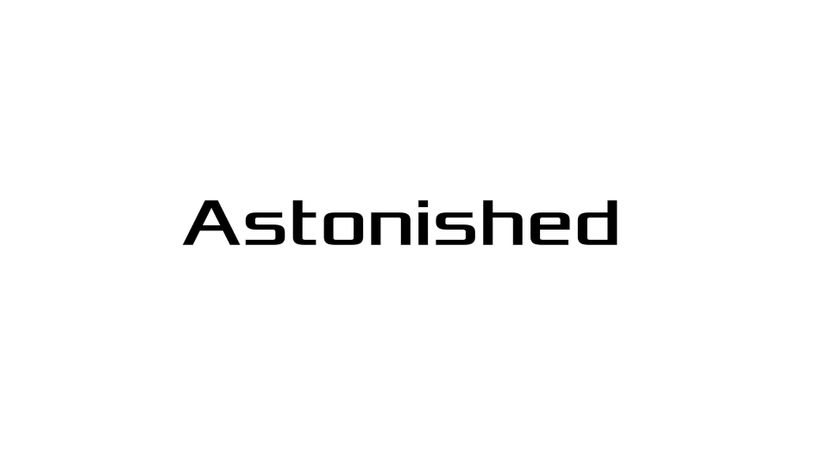
The Xolonium typeface was created by Severin Meyer in 2016. Available in regular and bold styles, it has a futuristic vibe, yet is designed for maximum clarity and legibility.
Advertisement
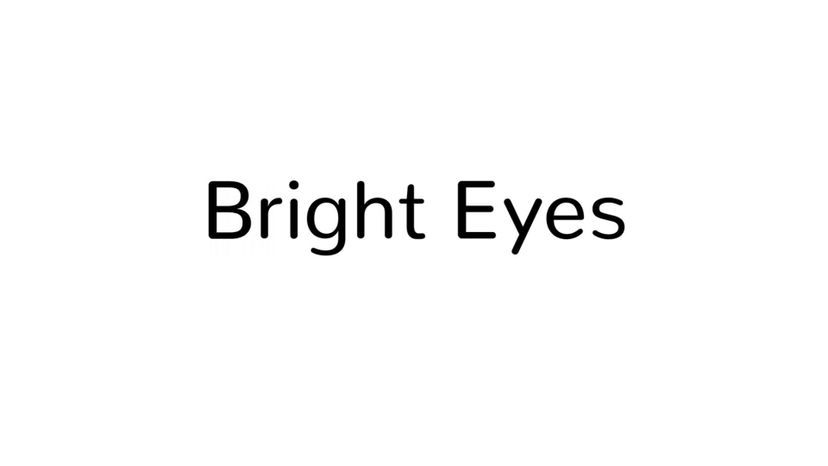
Available in light, regular and bold styles, Nunito is a typeface crafted by Vernon Adams. It is clean and modern and has a rounded, balanced appearance, making it ideal for displays and posters.
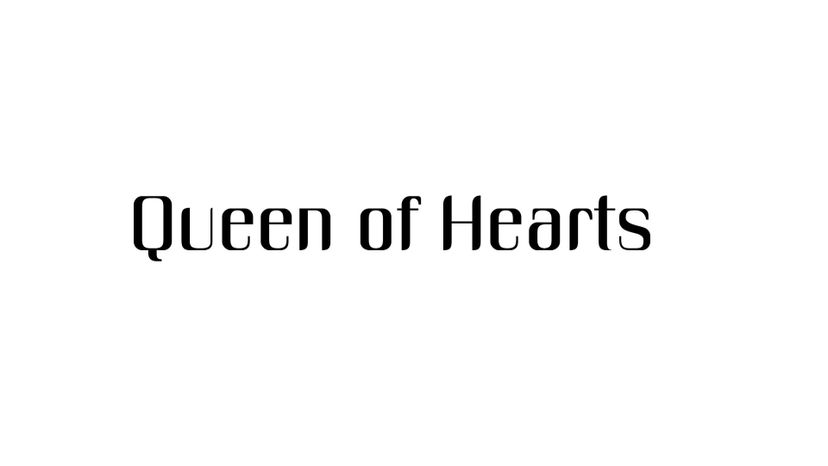
The Unique font by Anna Pocius manages to be both futuristic and elegant at the same time. It offers a retro-yet-modern appeal, and is a mix of thin and thick lines.
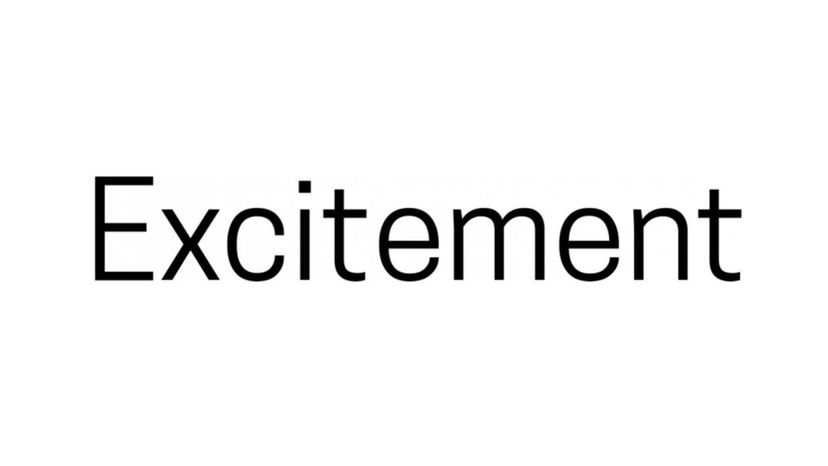
Cooper Hewitt is a contemporary sans-serif created especially for the iconic Cooper Hewitt Museum. Released under an open source license, it is available in thin, medium, bold and heavy styles.
Advertisement
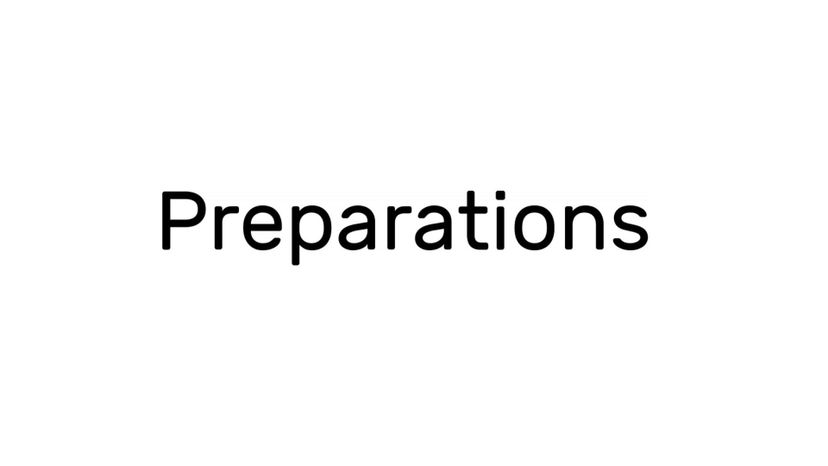
Yes, it's named for the cube. The Rubik font was commissioned by the "Beyond Rubik's Cube" display at the Liberty Science Center in New Jersey. It's a rounded, sans-serif crafted by the Hubert and Fischer Design firm.
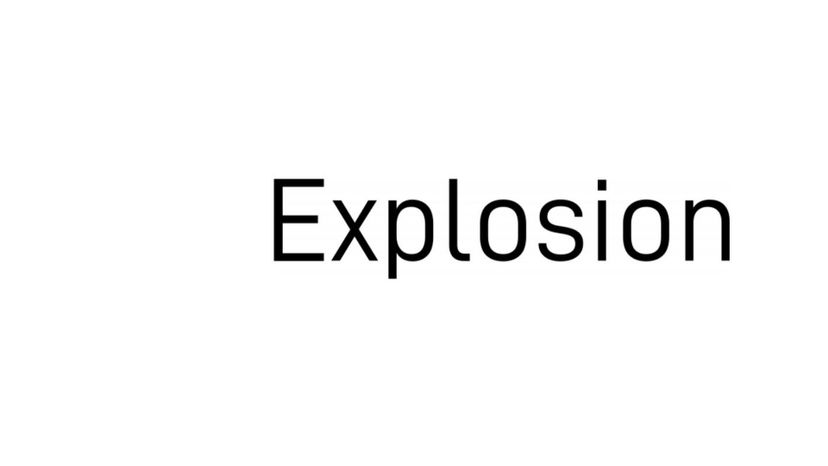
D-Din dates all the way back to the German Institute for Standards 1931 lettering system. It's designed to be very clear and legible, and is often found on signs and displays.
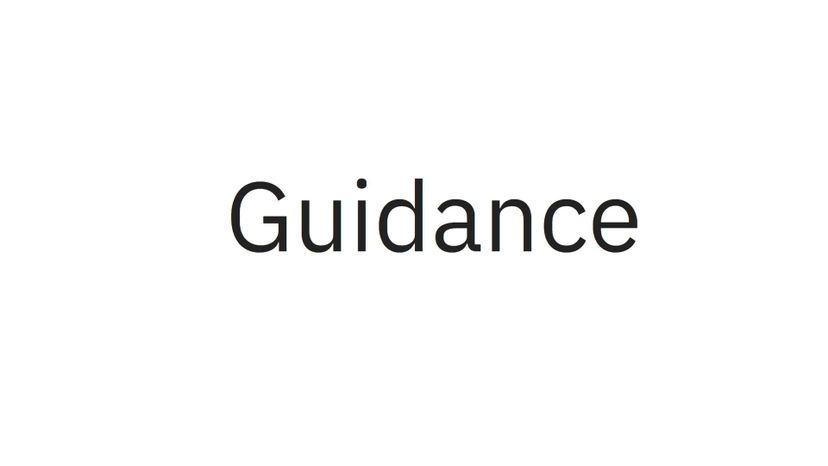
Aneliza is a font branched off of IBM Plex. This sans-serif was created by the Bold Monday Foundry, and comes in a variety of styles from light to semibold.
Advertisement
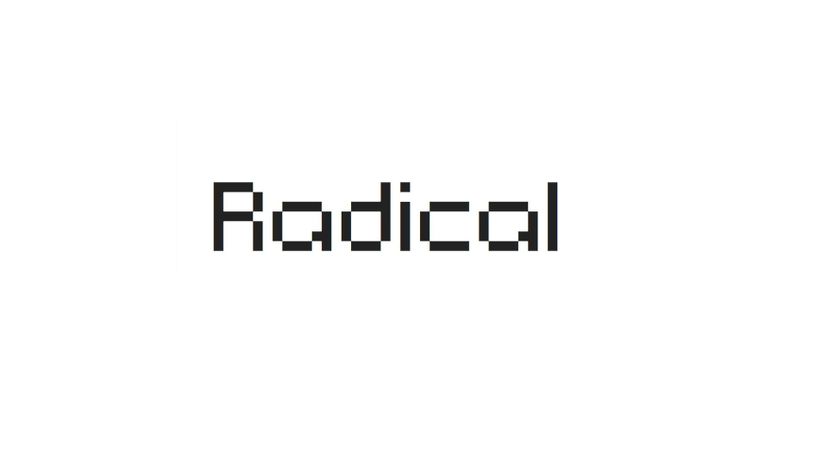
Developed by designer Jesper Birk, Connection is a monospaced typeface with a bitmap, dot-matrix design. It has a distorted look that looks somewhat like the lettering used in old-school video games.
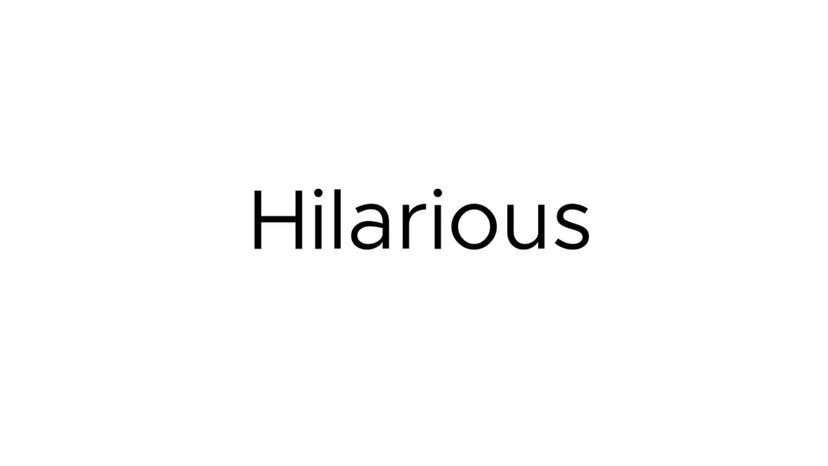
Metropolis is a modern geometric font by designer Chris Simpson. It is crafted to be easy to read at all point sizes, even when printed very small, and comes in styles ranging from thin and extralight to bold or black.
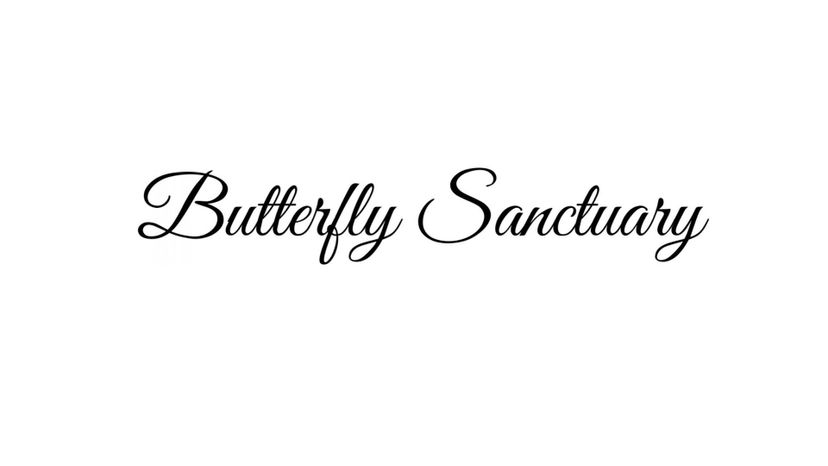
Great Vives is a cheerful, swirling cursive typeface with lots of curly accents for flair. It was released in 2012 by design team TypeSETit, and works well on things like invitations or event publications.
Advertisement
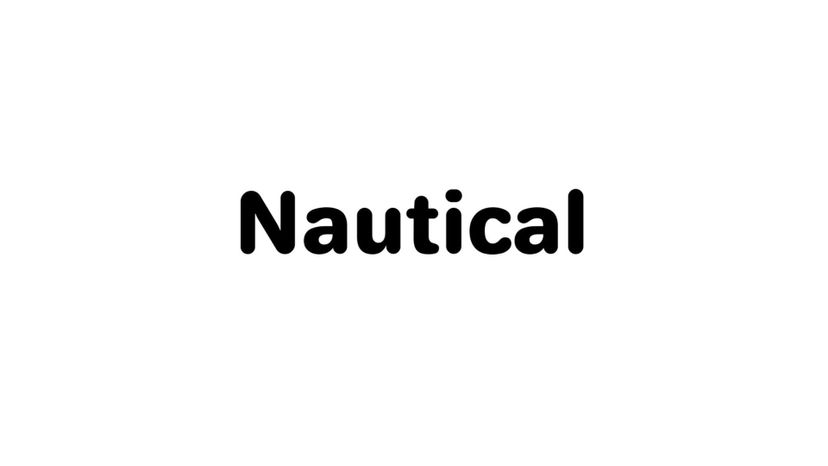
Jellee is a thick, rounded sans-serif font that projects a friendly and outgoing feeling. Designed by Hanken Design Company, it's a popular choice for headlines, posters, and other display documents.
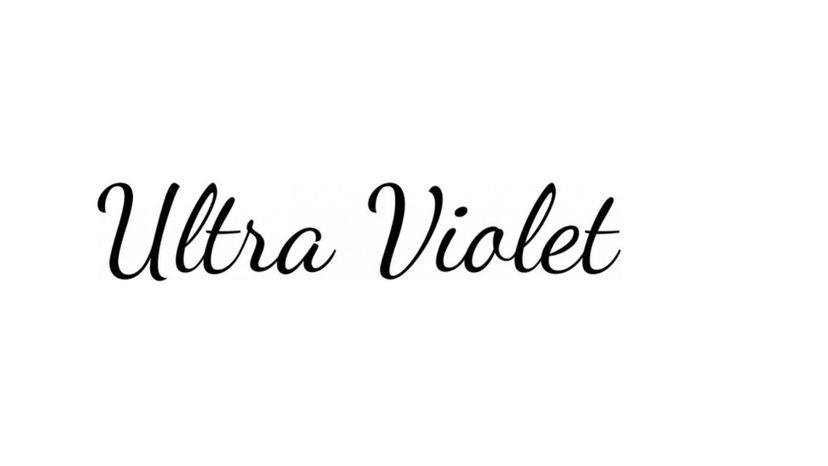
Dancing Script by Pablo Impallari is a casual font in which letters change size slightly, and capital letters extend below the baseline. Inspired by fonts from the '50s, this swirling script has a retro, whimsical tone.
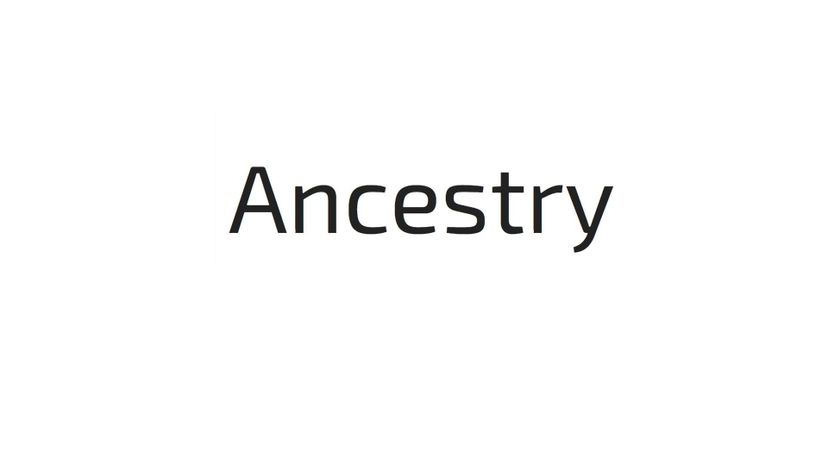
Ezarion is a multipurpose sans-serif font used in both print and digital design. Created by Natanael Gama, it comes in 18 different weights, from thin to black.
Advertisement
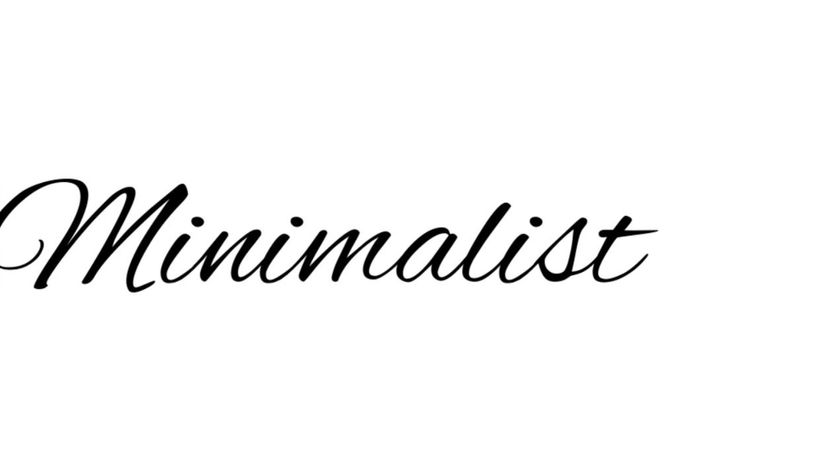
Alex Brush was created by TypeSETit, and comes only in regular or medium weight. This flowing script is designed to not only be elegant but also to be slightly simpler and easier on the eyes than other cursive fonts.
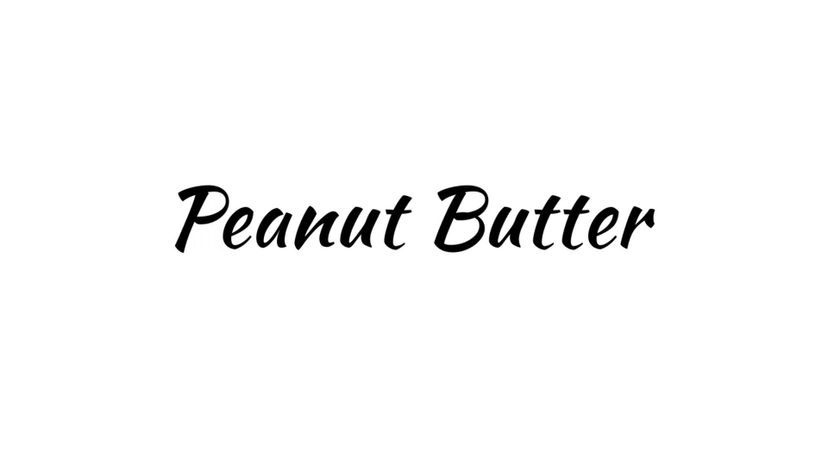
The Kaushan font by Pablo Impallari is designed to be easy to read, even when used in small point sizes. It's created with varying "brush" strokes, giving it an unrefined and rustic flair.
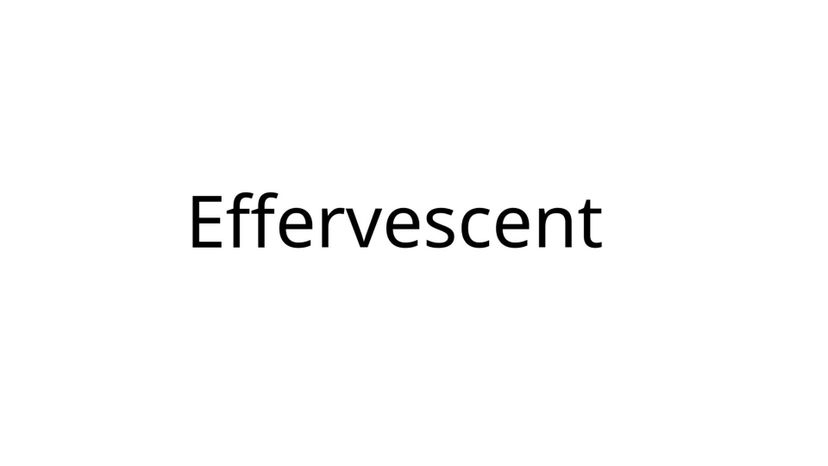
In computer font speak, tofu refers to a blank box when the computer can't find a font to represent a certain type of letter. Noto Sans, a shortened form of "No Tofu Sans," is designed to eliminate these boxes forever. This font was designed by Google, and is a sans-serif with plenty of design and style variations.
Advertisement
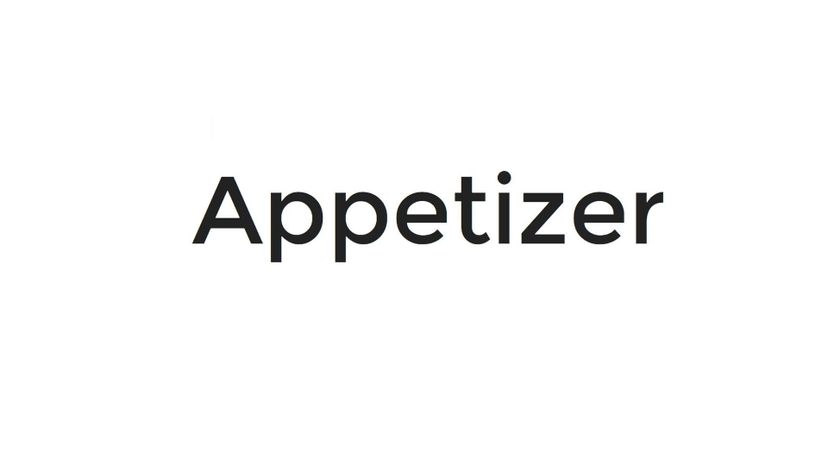
Julieta Ulanovsky created the Montserrat font based on posters she saw in her hometown in Buenos Aires. Her Montreal variation is quite similar but has some simplified letters to standardize the typeface and make it easier to read.
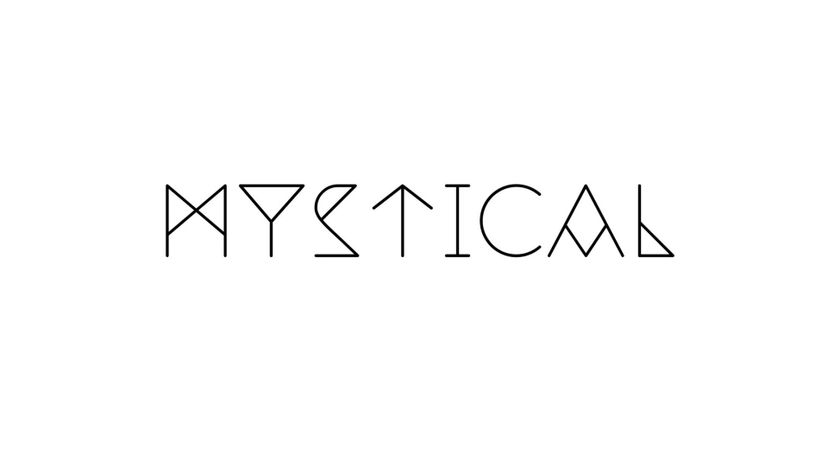
The Nemoy font is often marketed as "A font for space travelers." Designed by Bastien Sozoo, this decorative and highly stylized font fits into a category all its own.
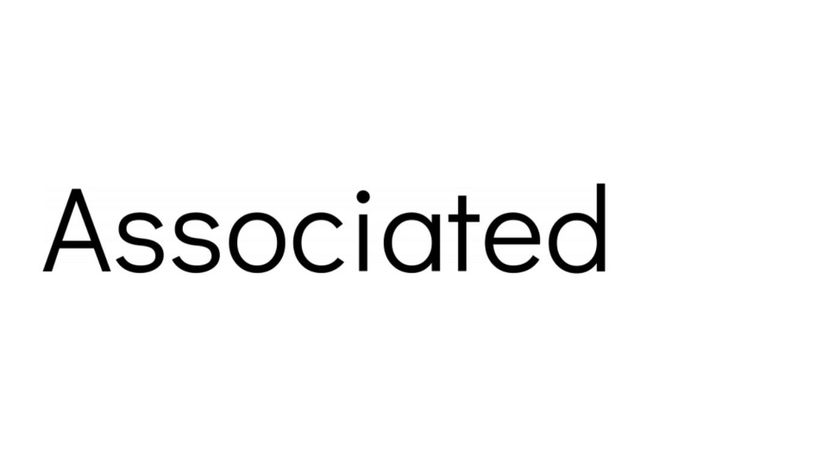
Didact is a sans-serif font created by Daniel Johnson. It is intended to mimic the alphabet publications seen in elementary schools and is used in documents and digital publications used to promote literacy.
Advertisement
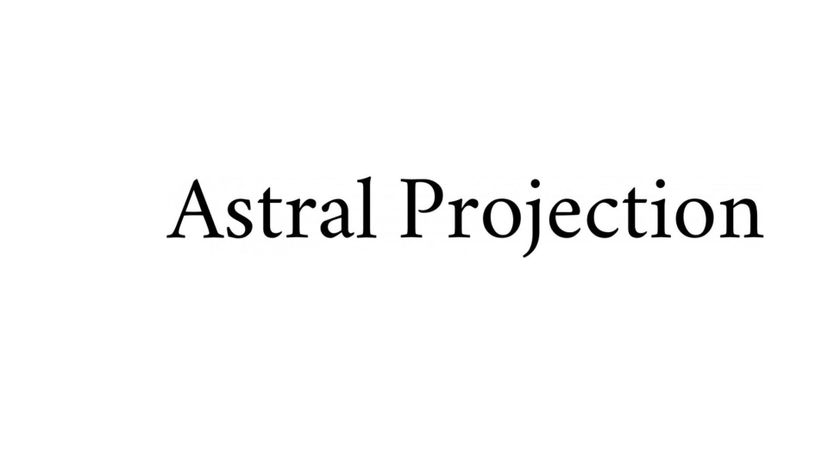
Designed by Sebastian Koch, Crimson is designed for use in book publication. It's inspired by the classic Garamond font, and comes in bold, regular and italic versions.
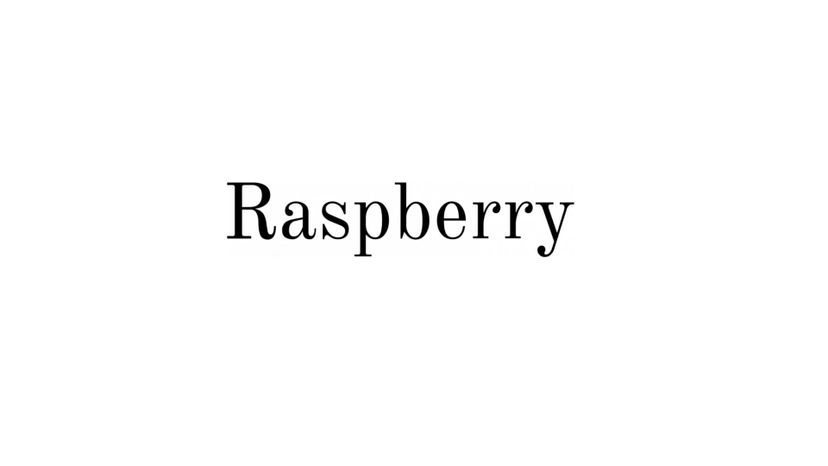
Designed by Alex Kryukov, Old Standard is an old-fashioned serif font used in social science and humanities publications. It is a means of preserving font styles used in book publication in the late 19th and early 20th century.
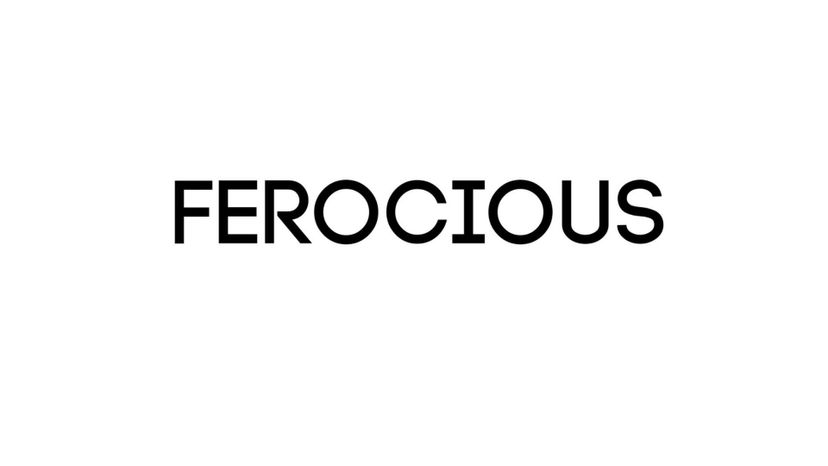
Code is a modern take on the traditional sans-serif font Futura. It's popular with graphic designers for its simplicity, minimalism and elegance.
Advertisement
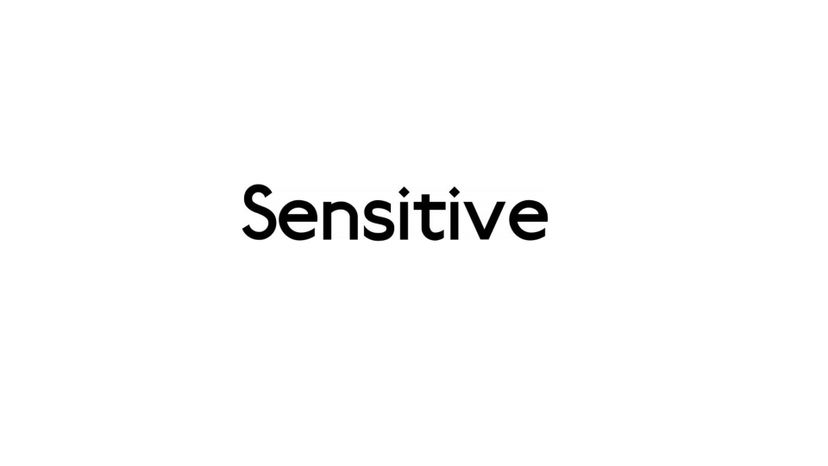
Railway was released in 2014 by designer Greg Fleming. This sans serif comes in two forms - a regular one, with standard lettering, and a dingbat style that replaces the letters with symbols or characters.
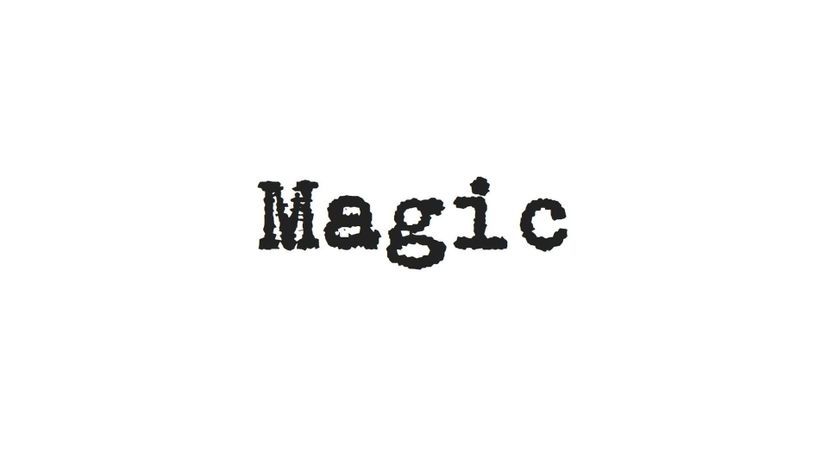
GNUTypewriter was designed by Lukasz Komsta in 2011. Designed to mimic the font of a traditional typewriter, including imperfections in the ink, it shares many similarities with the classic Courier font.
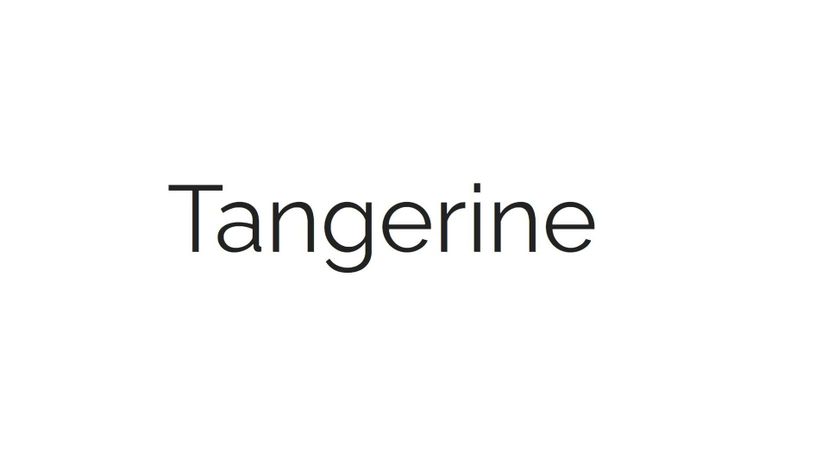
Rawline is a modified version of Raleway, an open source sans-serif used in headings and large print applications. Rawline came out in 2017 and comes in lots of variations, from extra light to black.
Advertisement
